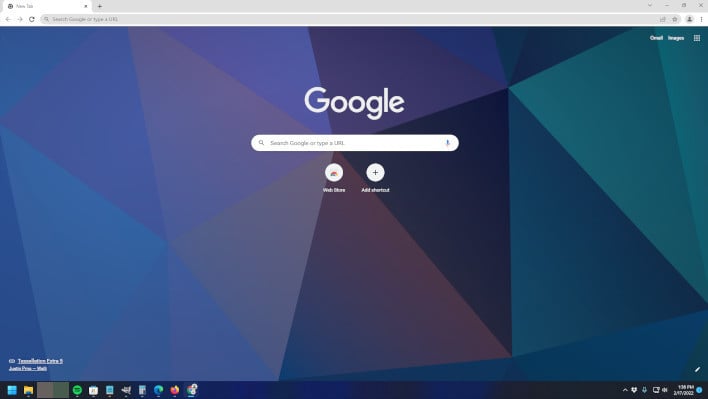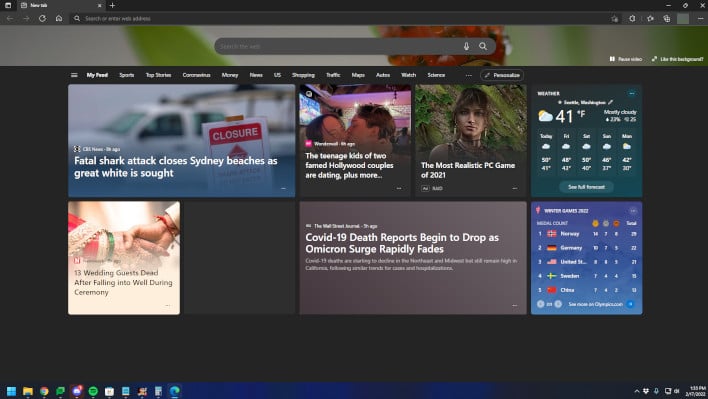Chrome And Firefox On Brink Of A Y2K-Like Moment That Will Break Some Websites

The year 2000 bug, or more colloquially named the Y2K bug, was a software glitch that dated back to significant memory limits on old computers. In the past, due to said memory limits, dates were often stored by computer software in a two-digit format, only housing the last two numbers related to the date. For example, 1971 is 71, 1999 is 99, and 2000 would be 00. Or is 00 1900, or 3000? You can see the problem here. The most that seemed to happen was a couple of airline terminals reported the date was 1900, but due to the vigilance of an industry of IT professionals, most computer systems the world over were up to date and safe from the problems.

This version number problem may be a non-issue, but just in case, both Google and Mozilla have, or will, issue compatibility fixes. Mozilla resolves the issue by providing failover. If compatibility breaks on version 100, the browser will report version 99. However, if enough websites report compatibility issues, Mozilla may freeze its version number at 99 until more of them state they have updated their code.

We don't expect many websites to have a problem as it is our experience that most web developers of today were aware of the Y2K problem and likely do not do two-digit date storage. That does not mean problems are not possible, though. We are, however, still concerned about the 2038 problem.

